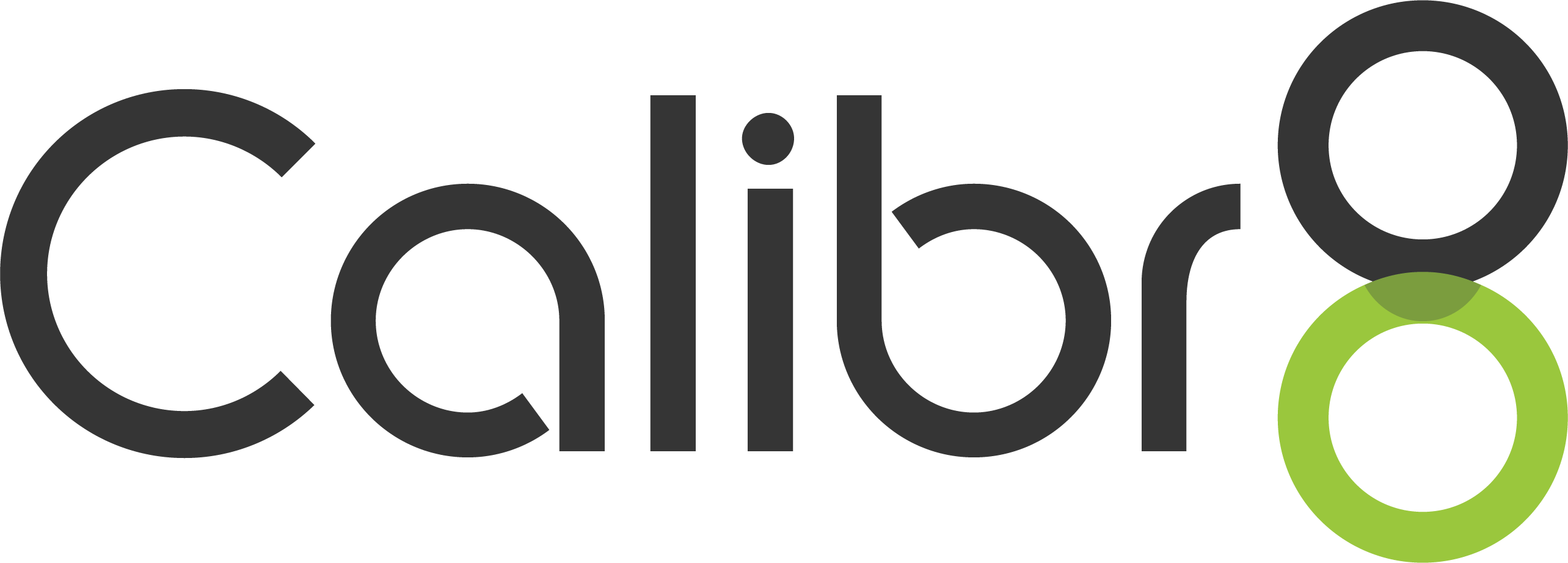Once upon a time, in the ever-evolving landscape of business, companies relied on traditional market research methods to understand their brand’s standing in the market. However, as technology rapidly advanced, so did the need for more dynamic and responsive strategies. This led to the rise of Agile Real-Time Brand Tracking, a revolutionary approach that has become the linchpin for successful brand management in today’s fast-paced digital age.
In this post, we delve into the cruciality of Agile Real-Time Brand Tracking and how it empowers businesses to navigate the dynamic market landscape with precision and insight. We will explore its impact on brand positioning, customer engagement, and overall business strategy while integrating relevant statistics and data to highlight its significance.
Understanding Agile Real-Time Brand Tracking
In the era of instant gratification, businesses cannot afford to rely solely on periodic market research. Agile Real-Time Brand Tracking is an approach that involves continuous monitoring and analysis of a brand’s performance in the market, enabling businesses to adapt and respond swiftly to changing dynamics.
The Need for Agility in Brand Management
Consumer Behavior Shifts
In today’s hyper-connected world, consumer behavior is constantly evolving. The rise of social media, e-commerce, and digital communication channels has given consumers more power than ever. A brand’s ability to adapt to these shifts is critical for maintaining relevance.
Data from a recent survey by Statista reveals that 73% of consumers consider a company’s response time on social media as a determining factor in their perception of the brand. This emphasizes the need for real-time monitoring to catch trends, sentiments, and customer feedback as they happen.
Dynamic Market Conditions
Market conditions fluctuate rapidly due to various factors such as economic changes, technological advancements, and global events. Brands that can quickly adapt their strategies based on real-time data gain a competitive edge.
For instance, during the COVID-19 pandemic, consumer preferences shifted dramatically. Brands that were agile in adjusting their messaging and operations in response to these changes fared better than those slow to react.
How Agile Real-Time Brand Tracking Works
![]()
Social Media Listening
One of the key components of Agile Real-Time Brand Tracking is social media listening. Brands can tap into the wealth of information shared on platforms like Twitter, Facebook, and Instagram to gauge public sentiment, identify emerging trends, and address customer concerns promptly.
According to a report by HubSpot, 64% of marketers believe social listening has increased the effectiveness of their marketing strategies. This indicates the growing reliance on real-time data from social media channels to shape brand perception.
Online Analytics Tools
Utilizing advanced analytics tools allows brands to monitor website traffic, user interactions, and engagement in real-time. These tools provide actionable insights into customer preferences, allowing brands to optimize their online presence continuously.
Google Analytics, for example, provides real-time data on website traffic sources, user demographics, and popular content. Brands leveraging such tools can make informed decisions on content strategy, product positioning, and user experience.
Impact on Brand Positioning
Maintaining Brand Consistency
In the ever-expanding digital landscape, maintaining a consistent brand image across various channels is challenging. Agile Real-Time Brand Tracking ensures that brands can swiftly identify and rectify any inconsistencies in their messaging, design, or customer interactions.
According to a study by Nielsen, consistent branding across all channels increases revenue by 23%. This underscores the importance of real-time tracking in preserving and reinforcing brand consistency for long-term success.
Navigating Crisis Situations
In today’s 24/7 news cycle and the prevalence of social media, a brand’s reputation can be tarnished in a matter of hours. Real-time monitoring allows brands to detect potential crises early, enabling them to respond proactively and mitigate damage.
An analysis of brand crises by the International Journal of Business and Management found that companies that effectively manage crises experience a smaller drop in stock prices and recover more quickly. Real-time tracking is instrumental in identifying and addressing potential crises before they escalate.
Enhancing Customer Engagement
![]()
Personalized Communication
Agile Real-Time Brand Tracking provides invaluable insights into customer preferences and behaviors. Brands can use this data to tailor their communication strategies, delivering personalized content that resonates with their target audience.
According to a report by Accenture, 91% of consumers are more likely to shop with brands that provide relevant offers and recommendations. Real-time tracking enables brands to stay attuned to customer needs and deliver personalized experiences that foster loyalty.
Proactive Issue Resolution
Customer feedback, whether positive or negative, spreads rapidly in the age of social media. Brands that actively monitor and respond to customer concerns in real-time demonstrate a commitment to customer satisfaction.
A study by American Express found that 90% of customers are more likely to do business with companies that respond quickly to their concerns. Real-time tracking not only helps identify issues promptly but also allows brands to address them before they escalate, showcasing a dedication to customer well-being.
Shaping Business Strategy
Competitive Advantage
In a crowded marketplace, staying ahead of the competition requires more than just a great product or service. Real-time brand tracking enables businesses to monitor their competitors’ activities and consumer perceptions, providing a strategic advantage.
Data from a McKinsey study reveals that companies that use data-driven insights for decision-making are 23 times more likely to acquire customers and six times as likely to retain them. Real-time tracking equips businesses with the information needed to make data-driven decisions and outperform competitors.
Product Innovation
Consumer preferences evolve, and brands must keep pace with changing demands. Real-time tracking provides valuable insights into emerging trends, allowing businesses to adapt their product or service offerings to meet customer expectations.
According to a survey by PwC, 72% of executives believe that being first to market with innovative products is critical for maintaining a competitive edge. Real-time tracking ensures that businesses can identify opportunities for innovation and bring new offerings to market swiftly.
Conclusion
As our story of Agile Real-Time Brand Tracking unfolds, it becomes evident that this approach is not merely a trend but a strategic imperative for businesses in the digital age. The ability to adapt swiftly, maintain brand consistency, enhance customer engagement, and shape strategic decisions based on real-time data is the key to long-term success.
In a world where change is constant, brands that embrace Agile Real-Time Brand Tracking gain a competitive edge by staying ahead of trends, responding to consumer needs promptly, and positioning themselves as leaders in their industries. The data-driven journey of brand tracking is not just a tool; it’s a narrative that guides businesses toward resilience, growth, and enduring success in the ever-evolving market landscape.
Have a project that you’re looking to field?
Logit can help. Just fill out the form below and a Logit Group team member will be in contact with you shortly. Get a quote today.






